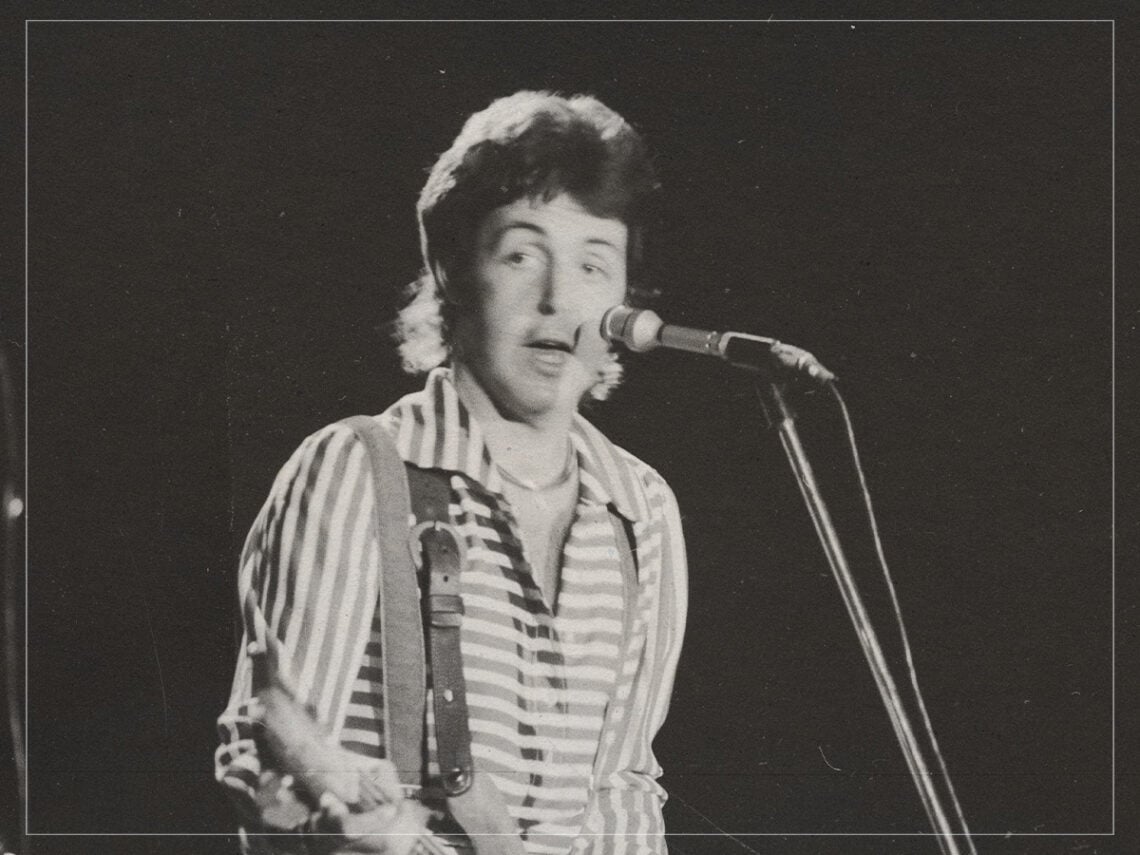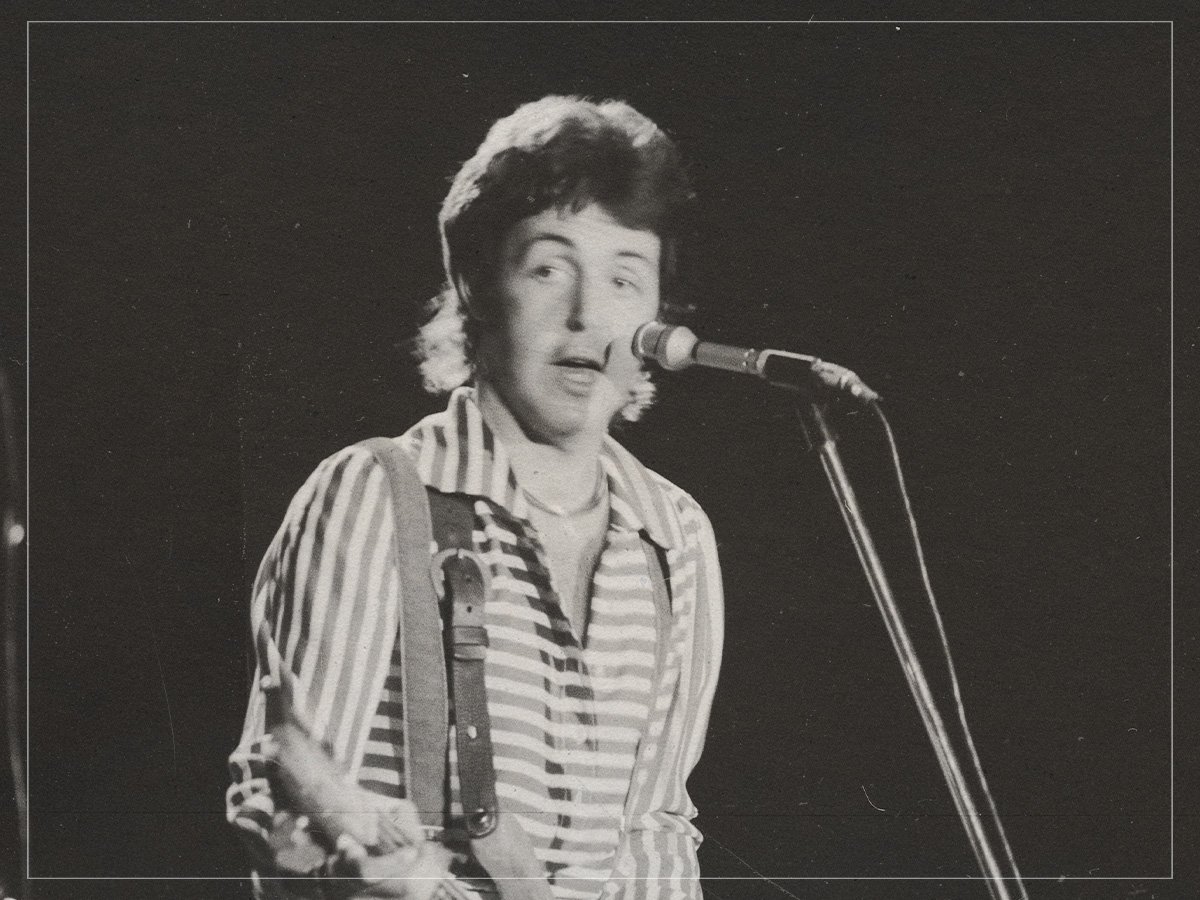
(Credits: Far Out / Kurt Schollenberger / ETH Library)
Fri 22 August 2025 17:00, UK
If you are a musician, listening to an album like The Beatles’ Abbey Road likely conjures up one major thought: ‘What’s the point? Nothing I do will ever come close to this.’ But if you find yourself wallowing in the depths of a creative cavern, it may comfort you to know that Paul McCartney himself is not immune from those thoughts, either.
Don’t compare yourselves to others. It is a surefire way to develop deep insecurities and a sense of low self-esteem, particularly within the world of music. And, definitely don’t compare yourself to The Beatles. You would be forgiven for assuming, however, that The Beatles had nobody to compare themselves to. They were, after all, The Beatles. A cultural revolution in musical form, the band that changed the world forever; nobody has ever come remotely close to matching the success, fame, or songwriting mastery of the Merseyside ‘Mop Tops’.
Nevertheless, when The Beatles acrimoniously parted ways back in 1970, McCartney knew quite clearly that that chapter in his life was over, and the perils of hindsight began to kick in. For us listeners, it is difficult to imagine how The Beatles’ discography could be improved in any way, but Macca’s unwaveringly artistic mind tends to be more critical of his own work. Particularly, as it turns out, when compared to the next generation of songwriters.
During the early 1970s, with The Beatles as dead as the fruitful love-in of the decade that birthed them, the airwaves of Great Britain fostered an exceptionally diverse, vibrant, and inventive rock scene. Progressive and glam rock dominated the mainstream, while the class of the 1960s moved into the world of rock operas and concept records. It was the moment the decade moved out of idealism and embraced fantasy in its entirety.
Perhaps the brightest spark of this bold new generation of songwriters was Jeff Lynne, whose pioneering work with the Electric Light Orchestra, and his shaggy-haired wonderment opened up an entirely new world of rock expression.
As an ardent disciple of The Beatles, Lynne owed a lot of that inventive prowess to the inspiration of McCartney and the gang, so it is no surprise that the two managed to strike up something of a friendship. In fact, Lynne ended up producing a few of McCartney’s solo albums in later years, including 1997’s Flaming Pie. In turn, Macca described the ELO songwriter as “Funny, shy, ever so clever, great musician and a total twat.”
High praise indeed, but a core element of McCartney’s appreciation for Lynne comes down to the distinctive sound of ELO. In the BBC documentary Mr Blue Sky: The Story of Jeff Lynne and ELO, the songwriter highlighted just how expansive those early ELO records were: “Everyone was part of it, from the people he admired,” he shared.
Seemingly, that ever-diverse sonic repertoire was the cause of some jealously for McCartney, reminding him of a particularly inventive period in The Beatles’ catalogue. “When I heard ELO, it was very what we been doing on Sgt. Pepper’s, very much what we been into, very sort of mathematical strings.” He added, “So I think the first thing was: ‘Oh, I know where he got that from’. But then you can’t resist it and it’s just so good. You go, ‘Oh God, it’s a bloody good song, I wish we’d done that one.”
We’re not willing to concede that ELO’s sound is an improvement on Sgt. Pepper’s Lonely Hearts Club Band, but it does sound as though McCartney wishes he could go back and inject that iconic album with some of Lynne’s distinctive compositional techniques. Still, it is worth noting that ELO might never have existed without the inspiration of that 1967 album in the first place.
Related Topics
The Far Out Beatles Newsletter
All the latest stories about The Beatles from the independent voice of culture.
Straight to your inbox.
